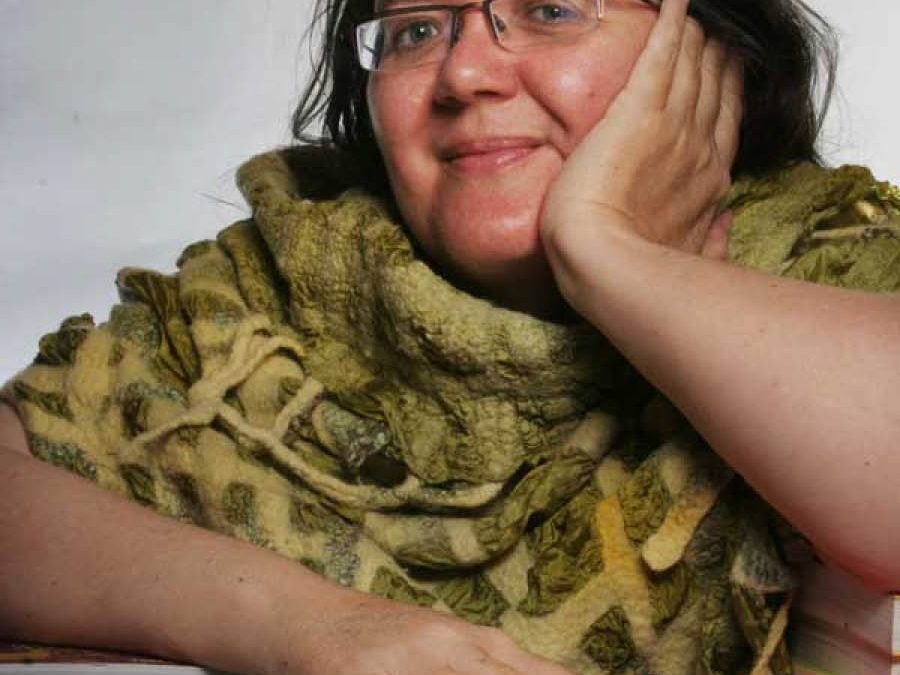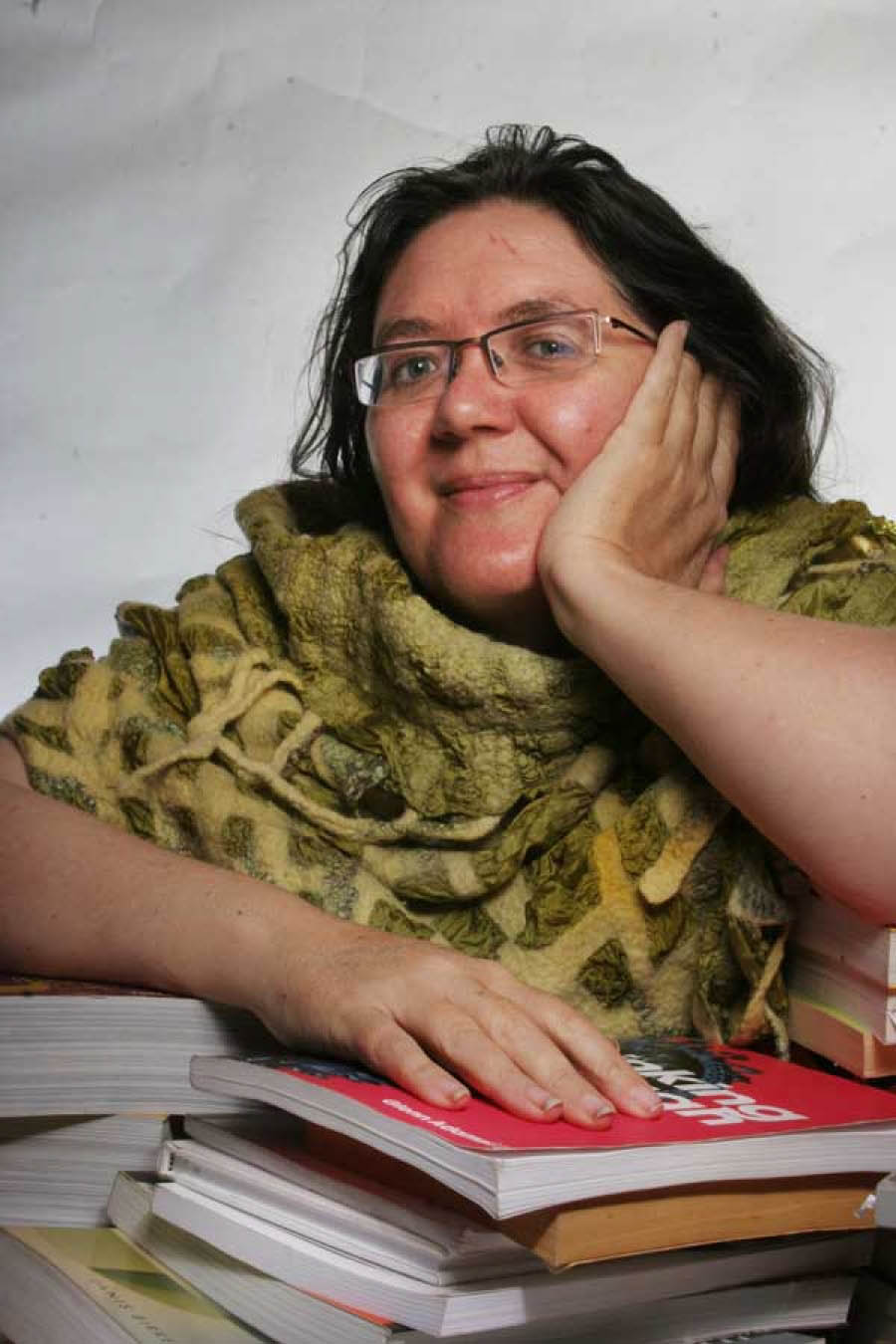Capitalism treats every place and its inhabitants as a generic resource. As a result, the sleek shiny plastic baubles that are instantly attractive are found the world over; they homogenise, whilst accelerating individual aspirations in the pursuit of ever expanding profits.
In emphasizing the haves and have-nots, in driving a mono-cultural lifestyle that excludes diversity and difference, industrial corporations have created a depressed society and a depleted world. The only solution offered is to consume even more.
Alas, the death throes of capitalism are even uglier. The pace of production and the promotion of consumption is increased (we know we’re going, so get the most out of the infrastructure and the investment as we can).
The consumption is frenetic; Christmas time even more so. This is no time to rest; rather time for the next upgrade and all its incumbent ephemera. The people and places in the shadow worlds who produce the toxic consumables – things, packaging, power – are dying at an even faster rate than those who busily purchase them.
But we don’t count the cost; we remain ignorant. And anyway, next year, next week we’ll do it all again. Business is busyness.
Many see alternatives to this life out of balance. They turn to wild-picked, slow-cooked foods and hand-crafted creativity; to messier and more complex diversities that take a much slower time to produce and to consume.
This time is thick with local rumour and more-than-human connections. The objects are imperfect but lasting, filled with a local and connected meaning between maker and user.
We know the names of the people who grow our food and who make the plate it sits upon. Not packaged, but often gifted.
Not only do we know the sustainable state of the land, but we have also walked the farm and eaten the misshapen fruits that are rejected by the supermarkets. We have spent the afternoon in the workshop and the studio and have learnt a little of the process.
We know the earth-driven winnowing of design, the engagement of hand, heart, and mind in the measured making, the growth of spirit in the earth’s fecundity.
Even when we cannot get to the farm or the studio, our technology has allowed the mountains to come to Mohammed. Virtual tours and daily updates allow us insight.
Scrolling almost replaces strolling. And both reduce our manufactured need for the anonymous safety and conformity of the mall. Instead, the natural materials of specific places become partners in the craft of design and production, and we tend them wisely.
We learn it is possible to be unhurried. And then we take these valuables home, and find their daily use builds back magic into the everyday.
The allure of handmade beauty made by friends, the materials from a known place, the everyday use of a treasured object holds a gentle measured connectedness which changes the user as much as the maker.
The wooden table’s design teaches us flexibility to climate. The ceramic bowl grounds us in its clay connection; its contents not only save but also sate our souls.
The role of the hand-made in a post-industrial society is a way to lead us back to the local, crafted, and sustainable flow of every place; it returns the world’s spirit to a more connected and satisfied humanity.
So, we have a choice and we need to make it now and everyday: the mown-lawn effect of industrial consumerism versus the stranger fruits of a hand-crafted earth.
The things that capitalism treats as obstacles to our progress may be the very things that keep us tethered to this world.
Dr Tamsin Kerr is the director of the Cooroora Institute: sharing the song of the earth through creative practice.
The Cooroora Institute was founded in 2006 on the Queensland Sunshine Coast and their motto is “Sharing the song of the earth through creative practice.” “Imaginatively learning our connection to place and creative ways to inhabit the flow of each micro-ecology. We run courses, workshops, concerts, and classes in the slow crafts of wood, ceramics, metal, writing, thinking, and the language of country under the oversight of Cooroora, our local mountain. Cafe, gallery, and studios are open to the public every Sunday afternoon (except January).” For more information visit: https://www.cooroorainstitute.org/


